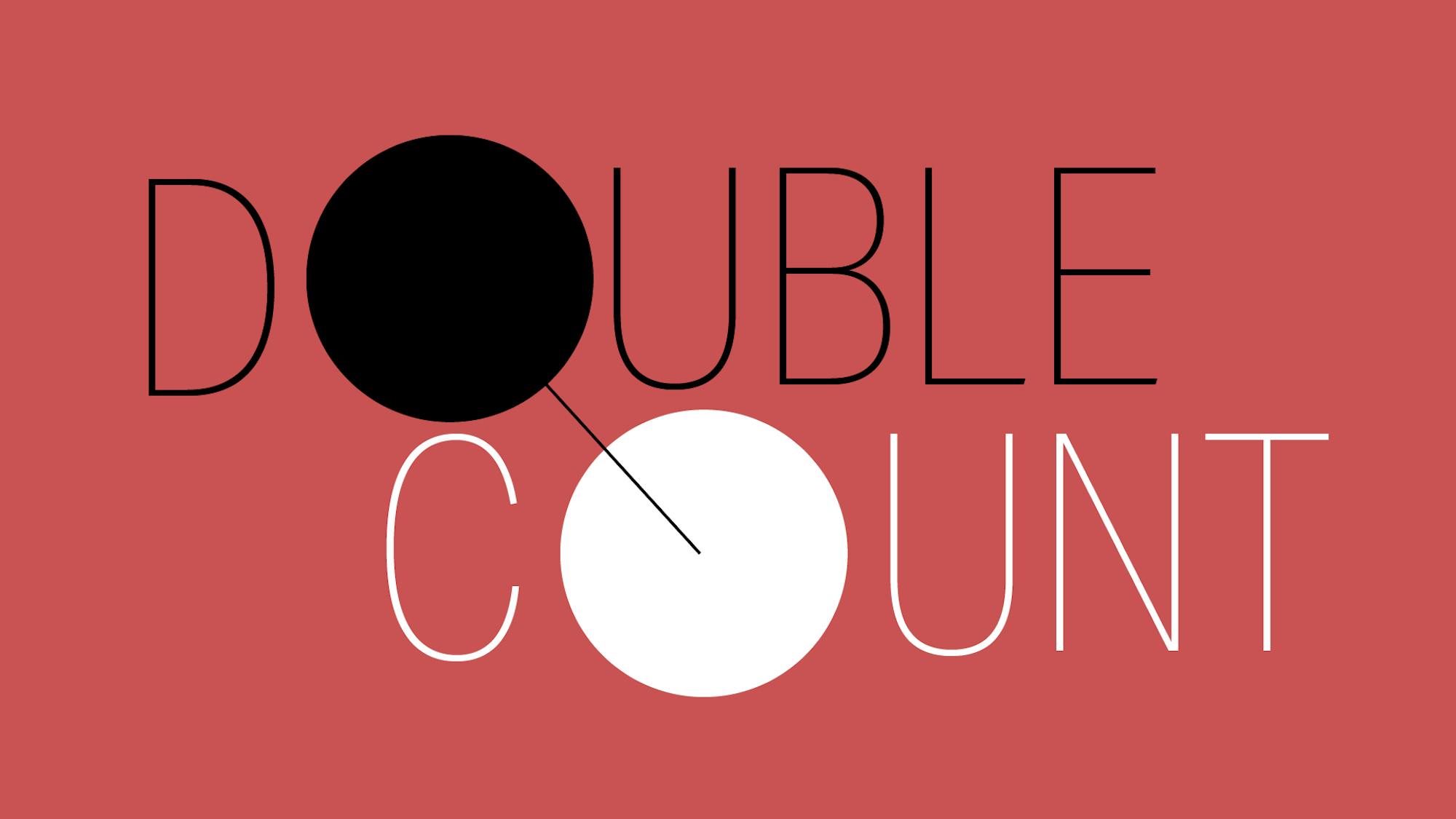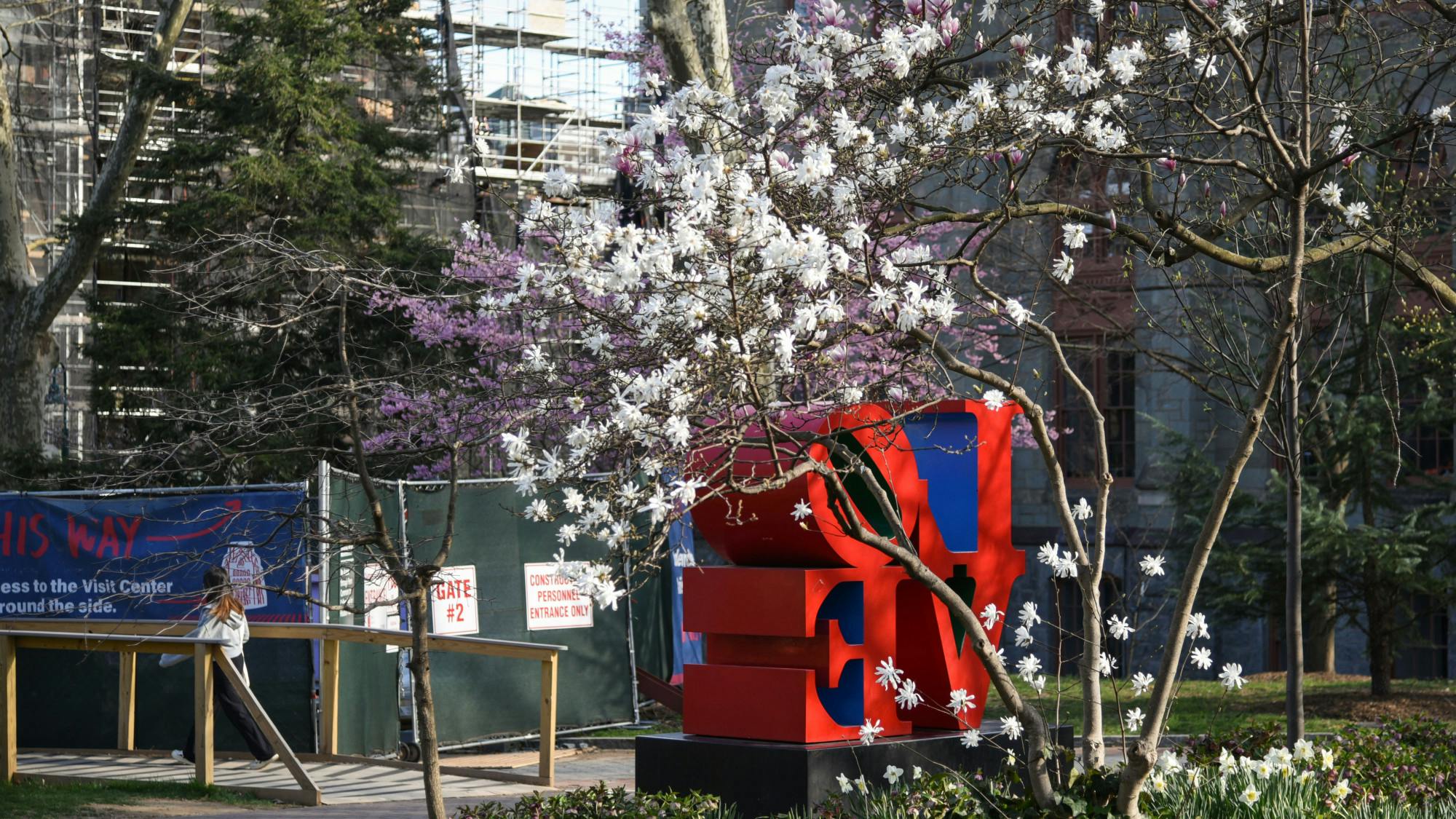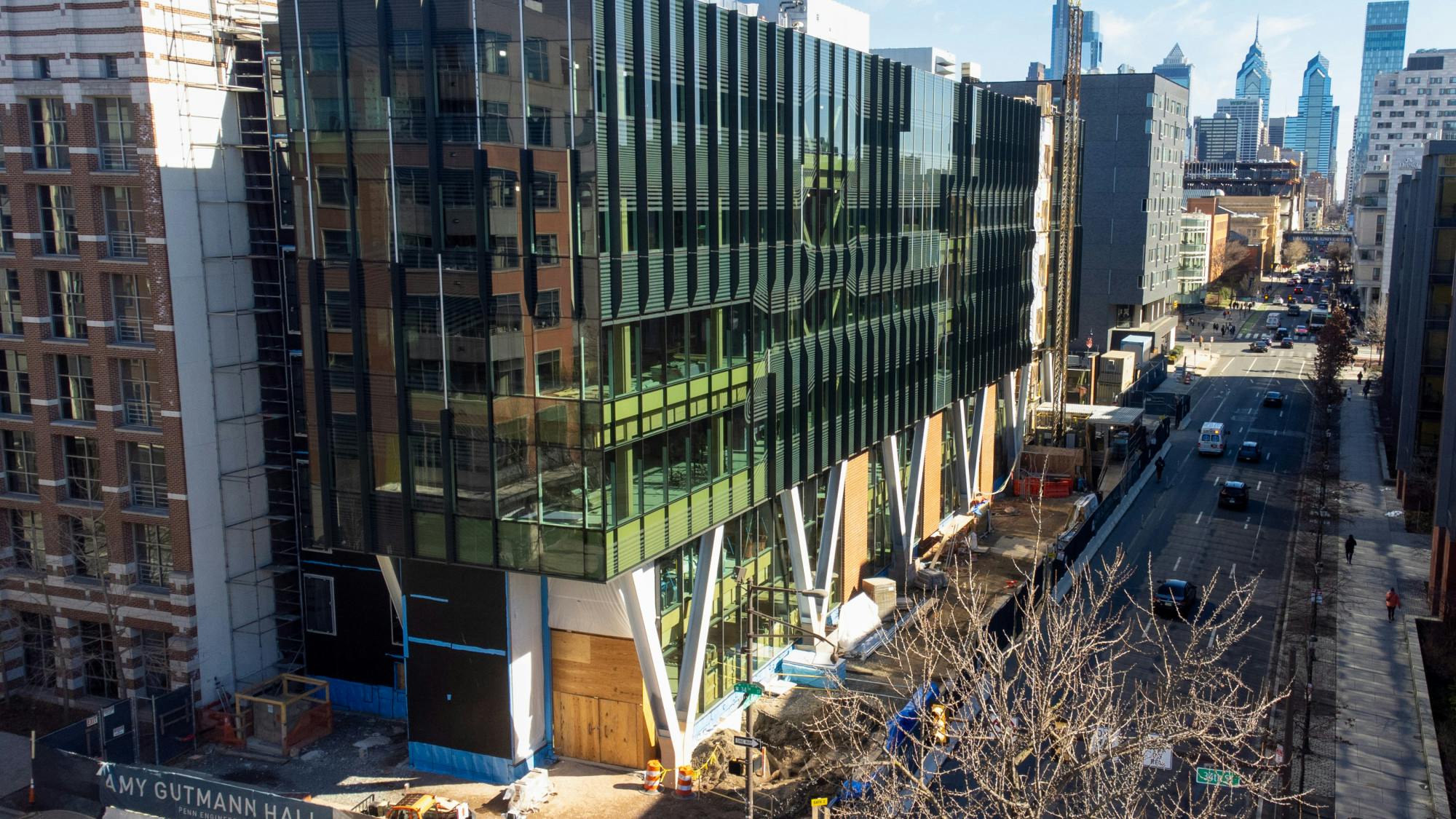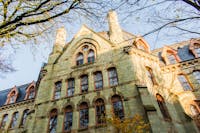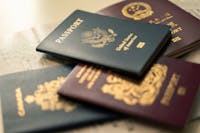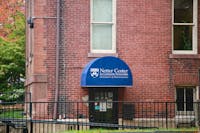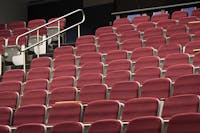Advance Registration Guide Fall '24
Welcome to Quaker Creative's Advance Registration Guide. Use this page to find articles including double count courses, advice from upperclassmen, and promoted courses. This page will be updated each semester ahead of advance registration.
The Environmental Innovations Initiative's online course inventory provides a comprehensive, searchable tool to enable students to identify courses related to climate, environment, energy, sustainability, and societal resilience. Now updated for the spring 2024 semester, the course inventory includes course offerings for undergraduate, graduate, and professional students. The course inventory is searchable by keyword, topic, and academic unit, allowing students to find environment-related offerings across disciplines.
Like many cities, Philadelphia was built and developed around rivers. These rivers historically provided drinking water, food, power, trade routes, and recreation. Human development, however, has led to flooding, erosion and pollution; these factors degrade the ability of rivers to provide ecological habitat, and ultimately may turn rivers from a resource into a hazard. Unfortunately, lower income neighborhoods often bear the brunt of these negative impacts. In the face of climate change, extreme floods and erosion are only getting worse. The news, however, is not all bad. With improving understanding of environmental science and engineering, techniques that counteract flooding and clean up waterways are being developed and deployed. Armed with knowledge of science, citizens can become agents of change in their communities. It is in this context that we propose a partnership among Sayre High School, Penn’s Netter Center, and the School of Engineering and Applied Science, to develop an Academically Based Community Service (ABCS) course on “Rivers in a changing world”. We seek to take advantage of the newly refurbished Cobbs Creek Environmental Center, which will host a brand new environmental laboratory space. A Project for Progress award from Penn has provided additional funding for state of the art equipment, including a “stream table”; this is a laboratory river that allows interactive and discovery-driven learning. The unique setting of an environmental river laboratory that is just steps from a natural river (Cobbs Creek), and close to Sayre High School, presents a special opportunity for meaningful hands-on learning of Sayre students in collaboration with Penn undergraduates. Course material will be co-developed between Sayre and Penn participants, so that learning modules in the laboratory and natural river are connected to curriculum objectives. Sayre is a Netter Center university-assisted community school and Mr. Smith has worked with Penn students in his classrooms for many years. He has a desire to bring students to the Cobbs Creek Environmental Education Center for hands-on real world environmental education and problem solving. Therefore, this is an ideal partnership for this ABCS course. Also, there is also a need for more climate-related classes at Penn and this course addresses that need.
Taught by Douglas Jerolmack, Professor at Earth and Environmental Science
W 10:15am-1:14pm (8/27 to 12/9)
This course provides an introduction to environmental management by focusing on foundational concepts of environmental law and policy and how they affect business decisions. The primary aim of the course is to give students a deeper practical sense of the important relationship between business and the natural environment, the existing legal and policy framework of environmental protection, and how business managers can think about managing their relationship with both the environment and the law.
Taught by Sarah Light.
TR 8:30am-9:59am (8/27 to 12/9)
This course examines ethical questions that arise in the context of the practice of medicine, biomedical research, the development of medical technologies, and the management of public health. These questions concern not only healthcare professionals and their patients, or researchers and their subjects, but also citizens interested in how government policy shapes health outcomes. In addition to standard bioethics topics like abortion, euthanasia, research ethics, and biotechnologies, we will also discuss health-related ethical questions around disability, race, and climate change.
Taught by J. Wallis.
TR 9am-9:59am (8/27 to 12/9)
This class explores the social, economic, ecological, and cultural dynamics of metropolitan and community food systems in U.S. cities. Field trips and assignments immerse students in various forms of experiential learning - including farming and gardening, cooking, eating, and more. After a broad introduction to global, regional, and urban food systems in our first three weeks, across most of the semester we follow the food chain (or cycle), from production to processing, distribution, cooking, consumption, and waste. Specific topics include urban agriculture, community kitchens, grocery, hunger and food assistance, restaurants, neighborhoods, food cultures, food justice, and community food security. Students will gain broad literacies in: metropolitan and neighborhood food environments; food production, processing, distribution, access, and preparation; and the relationships between food, culture, and society. Students taking this class should be open to trying new things, getting hands dirty, and working with others in various settings and activities.
Taught by Domenic Vitiello.
M 10:15am-1:14pm (8/27 to 12/9)





